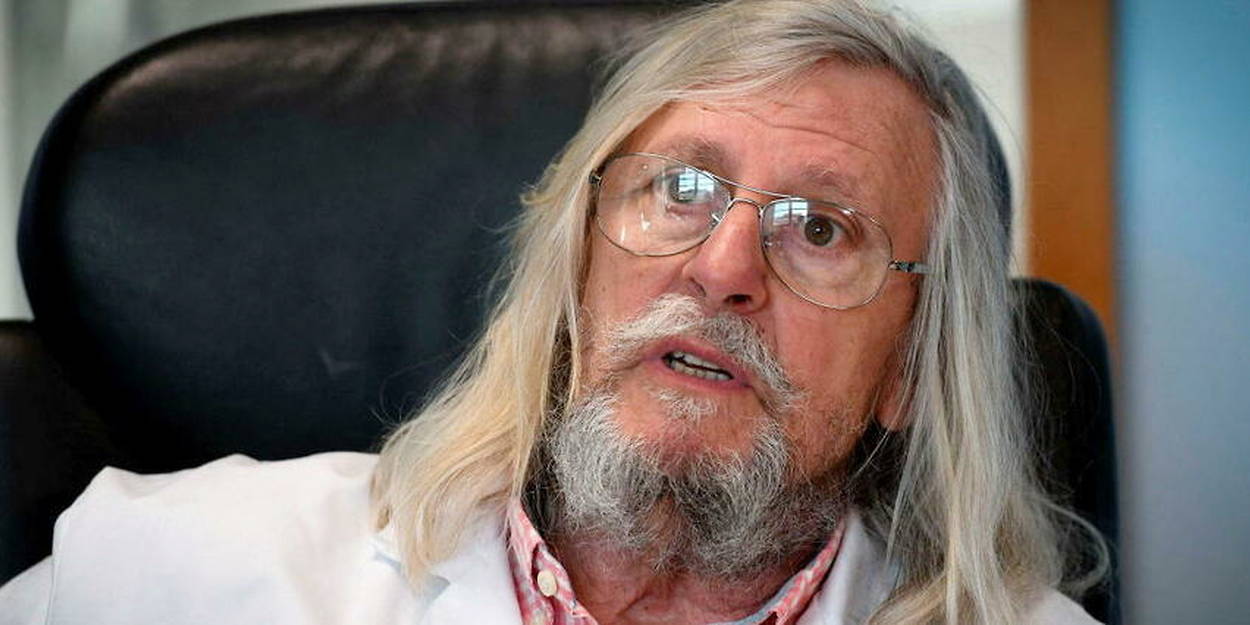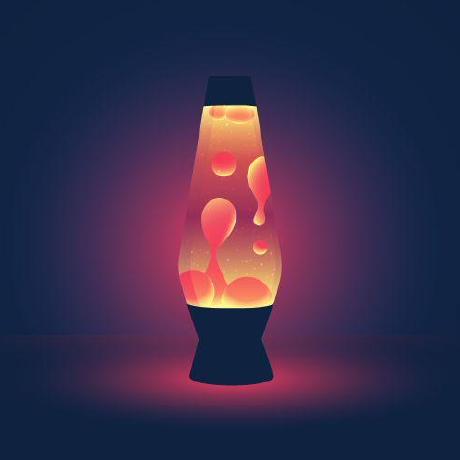Jesus fucking Christ, just when you thought he couldn’t sink any lower… The damage this idiot did to the scientific community and science communication is unimaginable.
Just in case anyone is still taking hydroxychloroquine preemptively (and uselessly) to prevent covid, please stop. I’ve been taking it as intended for lupus for years but it’s permanently damaged my eyesight. Blindness is a rare but real side effect if you take it for a long time.
This guy is a shame for us all, French academics… sorry World, please know we’re not all frauds….
Don’t fall for it. All the research he conducted was done under supervision of a bailiff, wich in France is a guarantee that all was done respecting the law. He enforced this uncommon way of doing because he knew the government had issues with him taking other directions than that of vaccination. The reason he is now constantly under attack is because many associations who went on trial against european governments and europe itself are using his works to prove their point. Should the government manage to discredit the man all those trials would fall to nothing.
His “trials” with homeless people were done in a totally unscientific manner. They deserve to be discredited.
I am a scientist myself, and I know what the HCERES says about his institute, and also that his institute no longer had support of the CNRS, which is telling considering that the CNRS only very rarely make such moves, as well as editors no longer accepting his papers leading him to create his own self serving journals. My issues with him are his lack of scientific rigor and lack of scientific ethics. Unfortunately, he’s staining the community as a whole, even though he lost support of several scientific institutions long before the Covid.
what’s a little unethical human experimentation on they way to that sweet sweet crackpot money and fame?
and it’s even worse that he was chasing an effect that could never work and was decisively proven not to later
Absolute nut job
Did anyone read the privacy settings? I thought Europe had rules against spying and making it impossible to opt out.
This is straight out of Extreme Measures (1996).
He sure looks like a hack, man…
Obviously this guy is a quack but this headline is sensationalized. He took blood samples from people, it’s not like he was transplanting organs
It explains further down the key issues, with this admission from one of Raoult’s team: “this study had no protocol, no inclusion criteria and no initial research question.”
I mean, it’s not removing organs maybe, but I’m not sure that it’s legal for random unlicensed people to draw blood. I mean, there have been cases in the past where people improperly reusing needles to cut costs when doing legitimate medical work have caused serious problems via spreading disease.
https://harmreductionjournal.biomedcentral.com/articles/10.1186/1477-7517-6-24
The reuse of injecting equipment in clinical settings is well documented in Africa and appears to play a substantial role in generalized HIV epidemics.
https://pubmed.ncbi.nlm.nih.gov/20471316/
Reuse of single-use devices is common in most countries worldwide. We provide an overview of the issue from an international perspective. In many developing and transitional countries reuse of cheap single-use devices (needles, syringes, surgical gloves) is common leading to large numbers of unsafe interventions, specifically injections and, as a consequence, infection with hepatitis B, C or HIV. There are various reasons for reuse: limited resources, insufficient knowledge of healthcare workers and the belief of patients that injection is more beneficial than oral medication. Reuse of cheap single-use devices should cease and both medical staff and the public should be informed about potential safety risks associated with injection. In developed countries, reuse of single-use items is less common but may include expensive technical products. Reuse is regulated in many countries (e.g. US, Canada, some European countries) demanding ethical and legal considerations, high standards of reprocessing and training of staff, risk assessment, management and validation of reprocessing.
And IIRC, if you screw up and put air into the vein, you can cause a stroke, really mess someone up.
https://www.healthline.com/health/air-embolism#causes
An air embolism, also called a gas embolism, occurs when one or more air bubbles enter a vein or artery and block it. This is a potentially serious condition.
When an air bubble enters a vein, it’s called a venous air embolism. When an air bubble enters an artery, it’s called an arterial air embolism.
These air bubbles can travel to your brain, heart, or lungs and cause a heart attack, stroke, or respiratory failure.
A syringe or IV can accidentally inject air into your veins. Air can also enter your veins or arteries through a catheter that’s inserted into them.
I fail to see what is sensationalized. He is being investigated for studying the blood of homeless people without proper permission of an ethics board or the authorities, which as the article discusses is against the law.
He is also suspected to have faked a number of his recent scientific publications. Which is naughty.
… was he authorized to do that?
How is that sensationalized? Considering I had to deal with IRB human research stuff just to get the okay to send a survey out to coworkers, blood samples is definitely “conducting research”
Thanks for clearing that up! I had no idea who this guy was.









